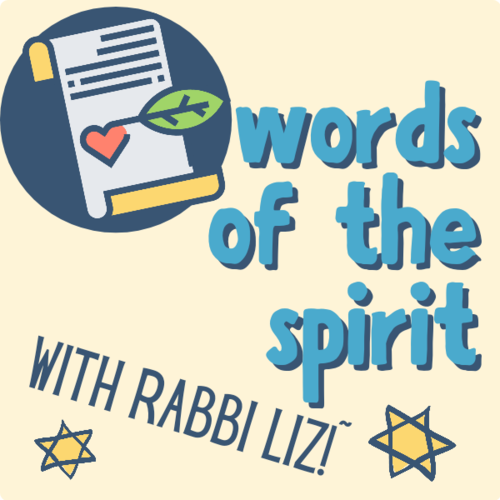Death and Life are in the Power of the Tongue: Honouring Yitzhak Rabin’s 23rd Yartsayt
06/11/2018 08:42:40 PM
| Author | |
| Date Added | |
| Automatically create summary | |
| Summary |
Although the English date fell this past Sunday, I missed Yitzhak Rabin’s traditional yartsayt date, which fell back on October 20, the 11th of Heshvan.
November 4, 1995 was still in the month of Heshvan, our month of no holy days following the busy Jewish New Year month of Tishrey. In both cases, the parshah read on that Saturday was Lekh Lekha. In it Avram gets the call to resituate himself and his clan to a place where he and his offspring will become as numerous as the stars. And so begins, in a sense, Jewish history.
On the night after that parshah was read in 5756, 23 years ago, it was almost as if Jewish history stood stock still.
It was a Saturday night in Tel Aviv, still a quiet Shabbat afternoon in Philadelphia, where I was still attending rabbinical school. Our toddler was napping, I was folding laundry, and I idly, uncharacteristically, turned the television on to CNN. Just as I was having a great deal of difficulty comprehending what I was seeing on the screen, the phone rang, and a classmate was shouting into the phone, "Turn on the TV, Rabin has been shot …"
In the hours and days that followed, I experienced a kind of reaction that was quite unfamiliar to me. I was terribly shaken by this assassination. As a young politically-active person, I had never strongly identified with heads of state or with party politics. So I never imagined that I was someone who would be cut to the core by such an event.
On the other hand, there was a strong link to what I profoundly believed and what was being proclaimed at that fateful rally. The banners proclaimed: “Yes to Peace – No to Violence” and “Shalom Achshav – Peace Now.”
As in this moment in North American, when gun violence, mass shootings, and targeted hate crimes are linked to a rise in rhetorically inflammatory political speech, I’m reminded that Rabin’s assassin was buttressed by political and religious leaders who couched his act as defensive, and had been fomenting an environment that signalled the legitimacy of such targeted violence. Without rehashing the articles and arguments of 23 years ago, the lesson remains clear: any form of speech that enflames and goads, while refusing to roundly and categorically condemn violence and hateful prejudice is morally unacceptable.
The Book of Proverbs is peppered with verses and passages that address the power of speech to inflict harm: "Blessings are on the head of the righteous, But the mouth of the wicked conceals violence" (10:6); "A gentle response allays wrath; a harsh word provokes anger" (15:1); "Death and life are in the power of the tongue" (18:21). . . . There are many more, worthy of study and reflection.
Perhaps the most poignant in this moment: "A soothing tongue is a tree of life, but perversion in it crushes the spirit" (15:4). We rally our spirits, in honour of the memory of all who have fallen throughout our peoples’ history, and pledge to "Seek Peace, and Pursue it" (Psalm 34:14).
- Rabbi Liz
Fri, 4 July 2025
Special Messages from the Rabbi
Privacy Settings | Privacy Policy | Member Terms
©2025 All rights reserved. Find out more about ShulCloud







